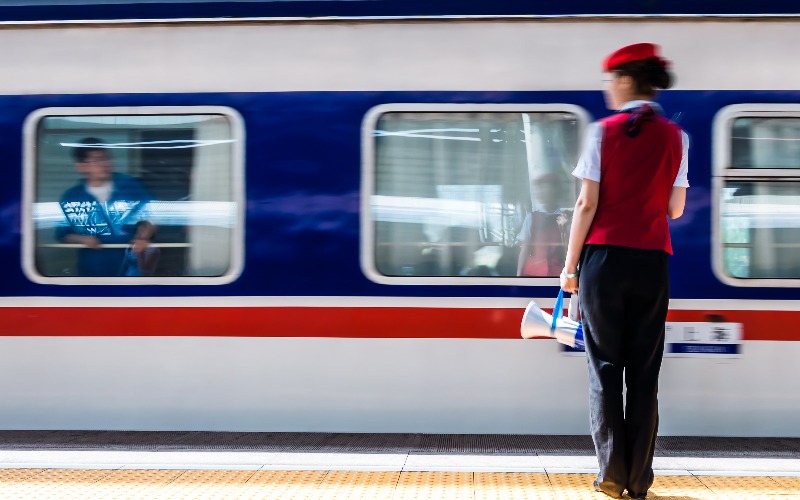Over a year has passed since the cessation of the Covid-19 policy in China. As life returns to a semblance of normalcy, the prominence of Covid-19 in everyday discussions among Chinese citizens has noticeably diminished. Throughout the entirety of 2023, no public activities have been either canceled or postponed due to Covid-19.
While it is no longer mandatory to wear masks when taking a train or flight, it is still advisable, as the world continues to grapple with various infectious diseases beyond Covid-19. Caution remains crucial during our journeys, reminding us to stay vigilant and mindful of our health.
Is It Safe to Travel around China Now?
Statistics paint a compelling picture of China's resurgence as a tourist destination. In 2023, the country welcomed over 35 million international tourists, a staggering sevenfold increase from the previous year. Projections for 2024 indicate an anticipated surge to over 200 million visitors. Notably, the latest visa policy reflects a commitment to fostering international travel, with tourists from Spain, Netherlands, France, Italy, Germany, and Malaysia benefiting from a visa-free policy.
Adding to the positive developments, China and Singapore have jointly announced a mutual visa-free policy, set to take effect from February 9th. These progressive steps not only underscore the safety of traveling within China but also emphasize the nation's commitment to fostering international connections. The encouraging statistics and evolving visa policies paint a promising picture for those considering exploration and travel throughout China.
 Visa-free policy makes travel easier
Visa-free policy makes travel easierTrain Travel Tips During the Post-Covid-19 Era
The coronavirus risk is relatively high in crowded places, such as airports and train stations. However, if you are already in China and need to take a train, precautions need to be taken to protect yourself.
1. Wear a face mask. While on the train or in the train station, wearing a mask properly can reduce the risk of infection. A specialized mask, also known as an N95 respirator, offers more effective protection against the new coronavirus. A regular surgical face mask is also acceptable if an N95 respirator is not available.
2. Wash your hands frequently with soap/hand sanitizer and water for at least 20 seconds, especially after going to the restroom or touching an elevator rail or buttons.
3. Avoid touching your eyes, nose, and mouth before washing your hands. This is because the new coronavirus can transfer to you from your hands after touching surfaces that are contaminated with the virus.
4. Take your own hand sanitizer and disposable wet tissues with you. Soap or hand sanitizers are not usually available in train stations or on trains. It is a good idea to carry your own.



 (10,000+ reviews)
(10,000+ reviews)